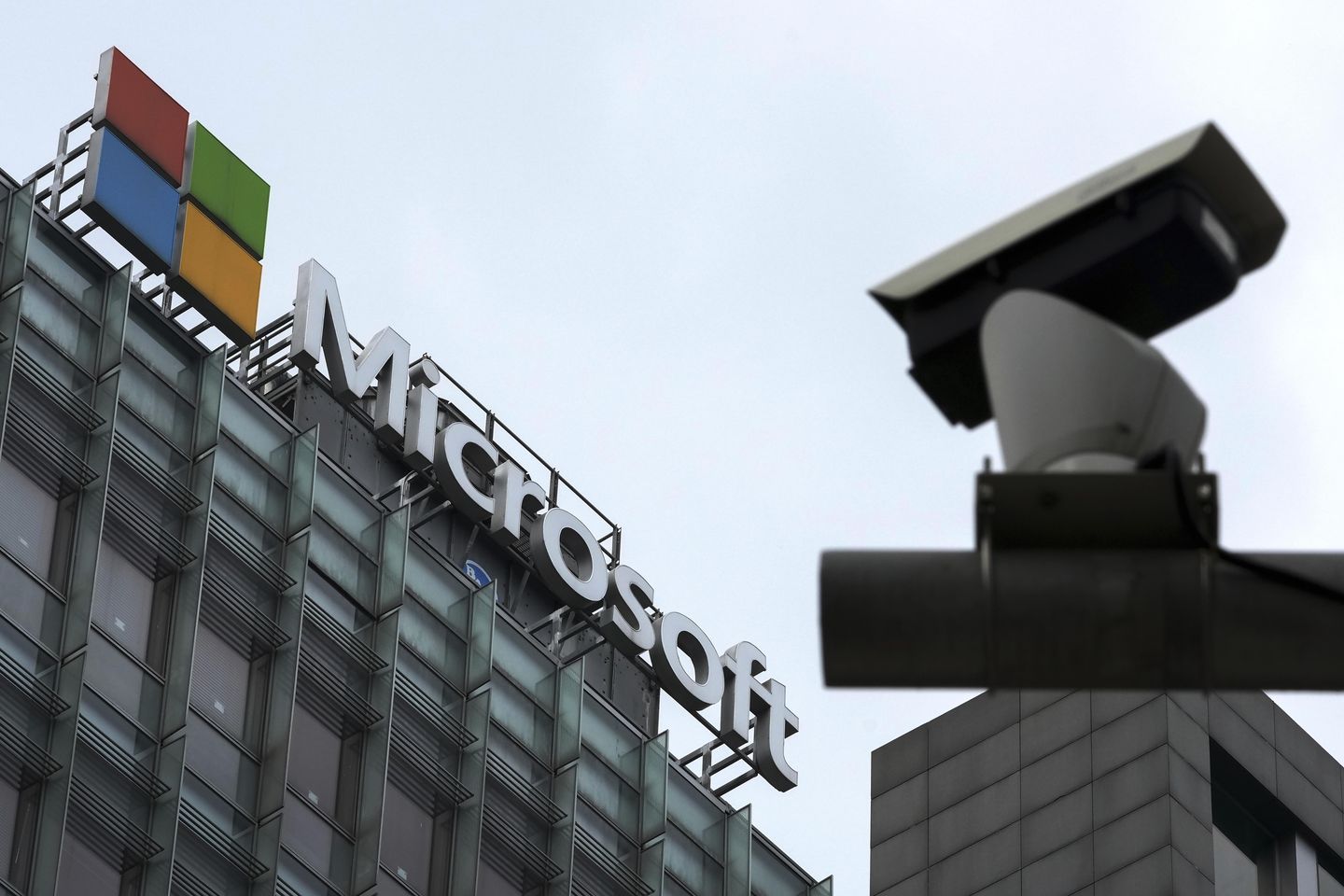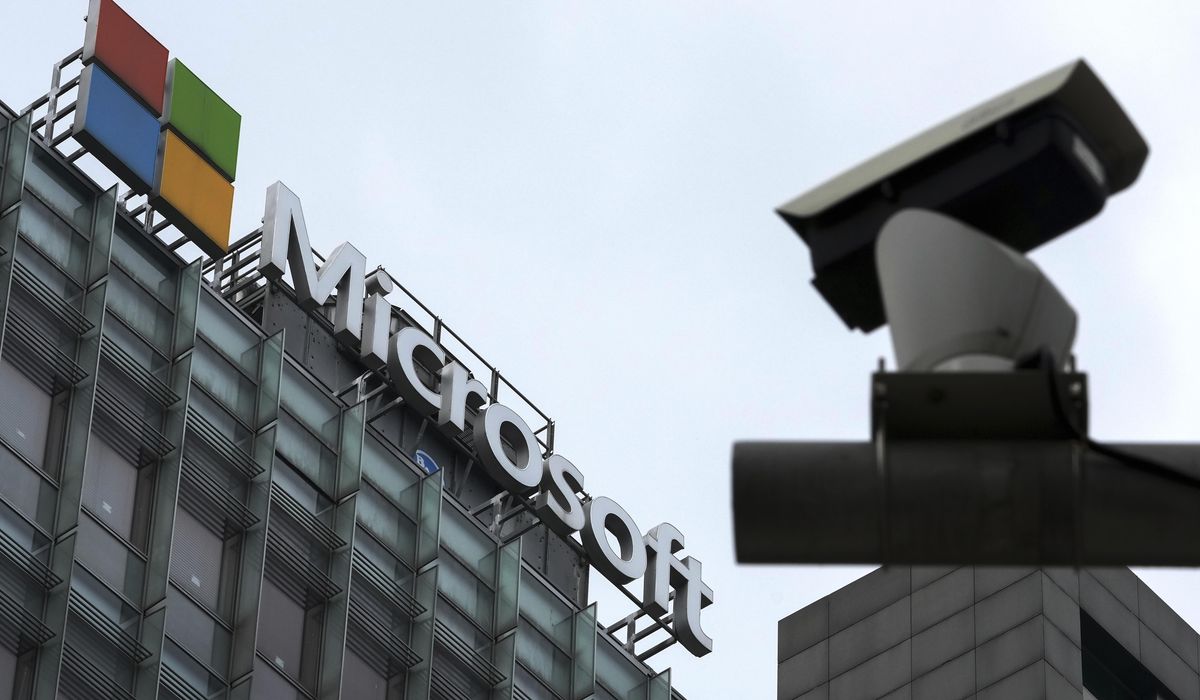

Russia ramped up its hacking and cyber espionage against groups in 42 countries as it waged its war in Ukraine, according to a Microsoft report published Wednesday.
Microsoft president Brad Smith said Russia’s number one target outside Ukraine is the U.S. but noted that Russian cyber activity has also targeted Poland, the location of much military and humanitarian aid to Ukraine.
“Russian targeting has prioritized governments, especially among NATO members,” Mr. Smith wrote on the company’s blog. “But the list of targets has also included think tanks, humanitarian organizations, IT companies, and energy and other critical infrastructure suppliers.”
Nearly half of Russian hacking outside Ukraine, 49%, is aimed at governments, according to Microsoft. Countries enduring Russia’s attacks include Denmark, Finland, Latvia, Lithuania, Norway, Sweden and Turkey.
Microsoft’s Threat Intelligence Center observed 128 network intrusions outside Ukraine and the company said the Russian actors were successful in 29% of those efforts. Microsoft discovered data stolen in a quarter of those successful compromises.
Interestingly, the large technology company said it detected no Russian cyber intrusions in Estonia since the start of the war in Ukraine and Microsoft noted the country had adopted cloud computing services.
SEE ALSO: Exclusive: NBA China critic Enes Kanter Freedom announces civil rights foundation
Alongside its cyber spying and hack attacks, Microsoft observed successful Russian cyber influence campaigns designed to shape opinion about the war in Ukraine. Microsoft’s AI for Good lab built a Russian Propaganda Index to monitor state-controlled media and its amplifiers that discovered the spread of Russian propaganda increasing 82% in the U.S. and 216% in Ukraine since the war started.
Microsoft’s report said countering cyber influence operations is complicated by the freedom of expression. The ‘Defending Ukraine: Early Lessons from the Cyber War’ report said freedom “impacts and even limits the role of democratic governments in addressing any issue associated with content on the internet.”
Microsoft said it is committed to keeping such freedom alive and recommended other options to disrupt digital influence campaigns.
“As we think about countering foreign cyber influence operations, disruption may play an even more important role,” the report said. “And the best approach to disruption is becoming increasingly clear. The best antidote to broad deception is more transparency. There is an opportunity to counter foreign efforts to mislead the public by providing the public with better information.”
